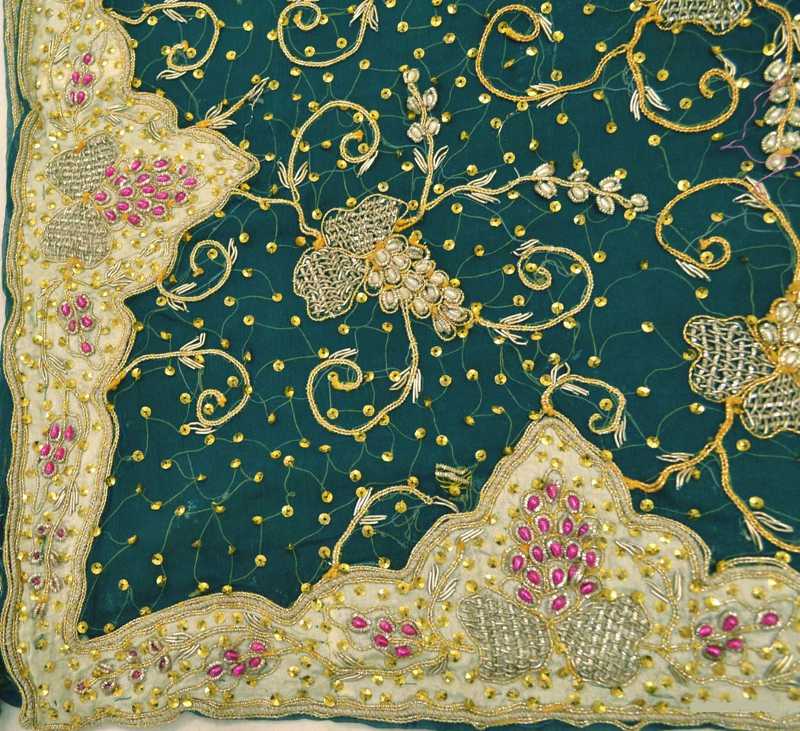===
1663,
7
===

=== |
 |
FWP:
SETS
MOTIFS == CLOTHING/NAKEDNESS; EROTIC SUGGESTION
NAMES
TERMS == IMPLICATIONThe verse is indeed a superb example of the powers of 'implication'.
Here it is easy to agree with SRF's ascription of 'tone', though it will also be hard to separate the tone from the clear use of 'implication'. (For further discussion of this difficult issue, see {724,2}.)
Note for translation fans: We have to guard against making the first line sound inadvertently amusing! 'It's been several days since she changed those clothes' sounds like a complaint about her hygiene-- doesn't she change her clothes, doesn't she even bathe? Even if we said 'It's been several days since she removed those clothes', the effect would either be the same, or else might suggest that she had since been going around naked. The best option might be 'She hasn't worn those clothes for several days now' or 'She wore those clothes several days ago'. But as usual, I want to be as clunkily literal as possible.